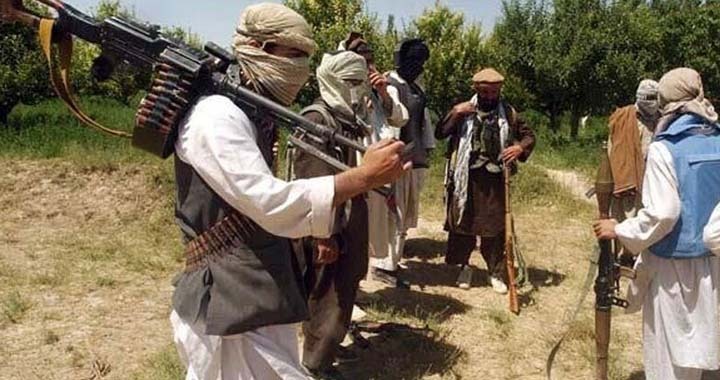The banned Tehreek-e-Taliban Pakistan (TTP) has instructed all its fighting units in Pakistan’s tribal belt to immediately withdraw back to Afghanistan, according to messages circulated by the group’s leadership. The directive, reportedly issued by central leader Mufti Noor Wali Mehsud and senior commanders based in Afghan territory, was distributed through a three-tier chain of command reaching regional commanders and the terrorists on the ground.
The orders were disseminated using multiple channels; including Facebook Messenger, printed pamphlets and select informant networks؛ and were authenticated at the regional level by commanders such as Mullah Saeed Anar before being relayed widely in Waziristan and other sensitive districts. Fighters were told to break into smaller units and return along the same routes they had used to enter Pakistan.
Local audio messages circulated among fighters instructed an immediate cessation of all operations, a suspension of pre-planned attacks and a warning not to act on unverified or rumour-based instructions. The TTP said a fresh operational directive would be issued only after units reached Afghan soil and received confirmation from the central emir. Many of the communications were reportedly issued in Pashto and opened with “Bismillah” and specific phrases intended to reassure fighters and maintain control over ranks.
The move could reflect a tactical regrouping or a response to mounting pressure in the tribal areas, including intensified security operations, intelligence crackdowns, or shifting battlefield dynamics, though the group has not publicly explained its reasons. If followed, the withdrawal may temporarily reduce militant activity in parts of the tribal belt, but it may also shift militant presence and tensions across the border.
Security officials and analysts say the mass movement of fighters would present new monitoring and border-security challenges for both Pakistani and Afghan authorities, including the risk of regrouping, transit of weapons, or coordination with other armed actors. Islamabad has not publicly confirmed the TTP order; officials typically respond to such developments with increased surveillance and targeted operations, but no official statement was immediately available.
Humanitarian and civilian officials in the border districts may face fresh displacement or security concerns if movements increase; regional stakeholders will be watching for any spillover effects. Observers caution that a tactical withdrawal does not necessarily signal a long-term de-escalation and that future developments will depend on both on-the-ground operations and wider political or diplomatic pressures.





